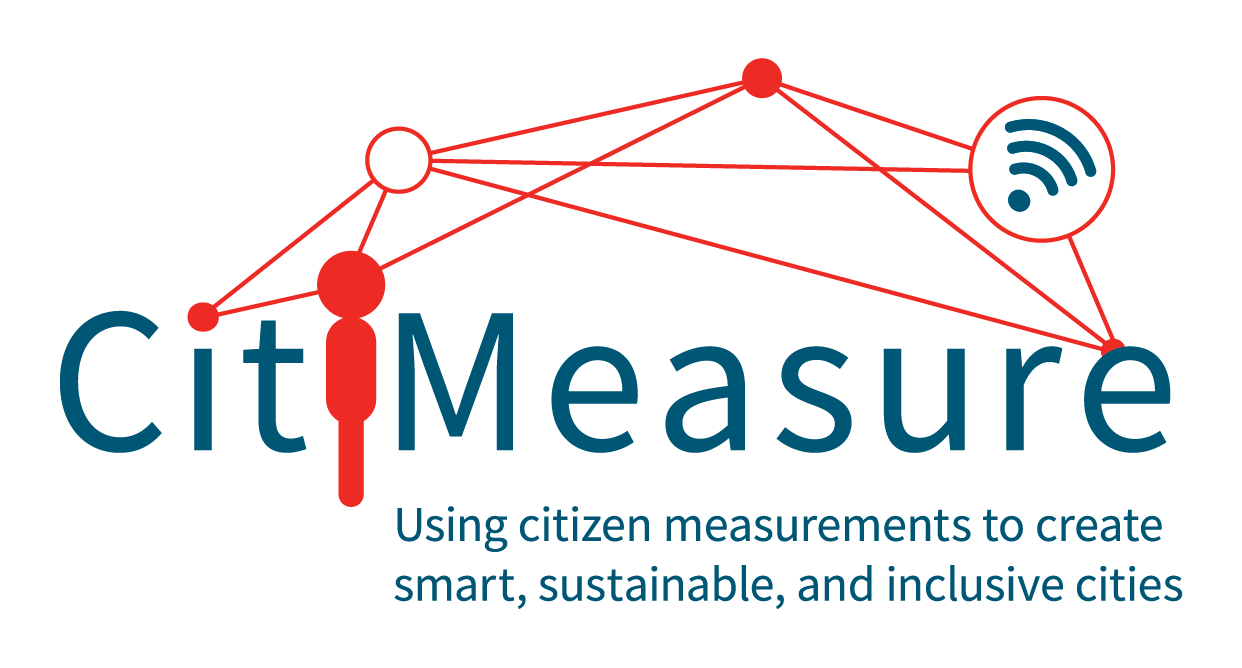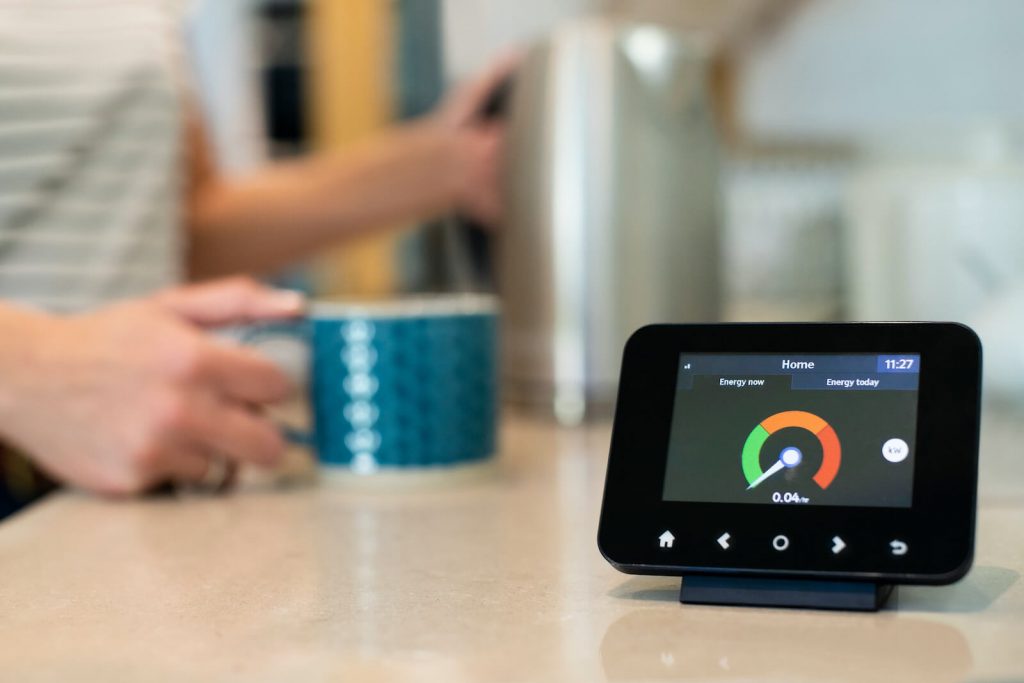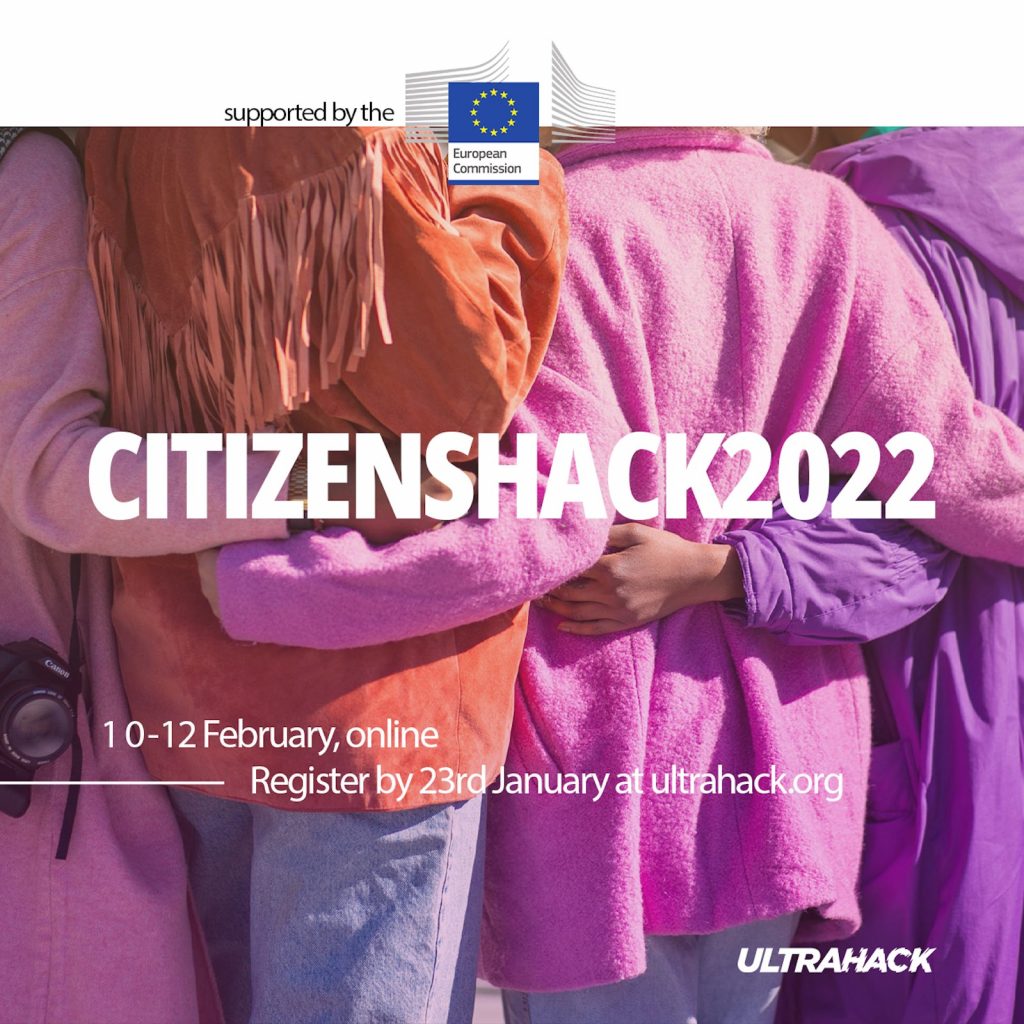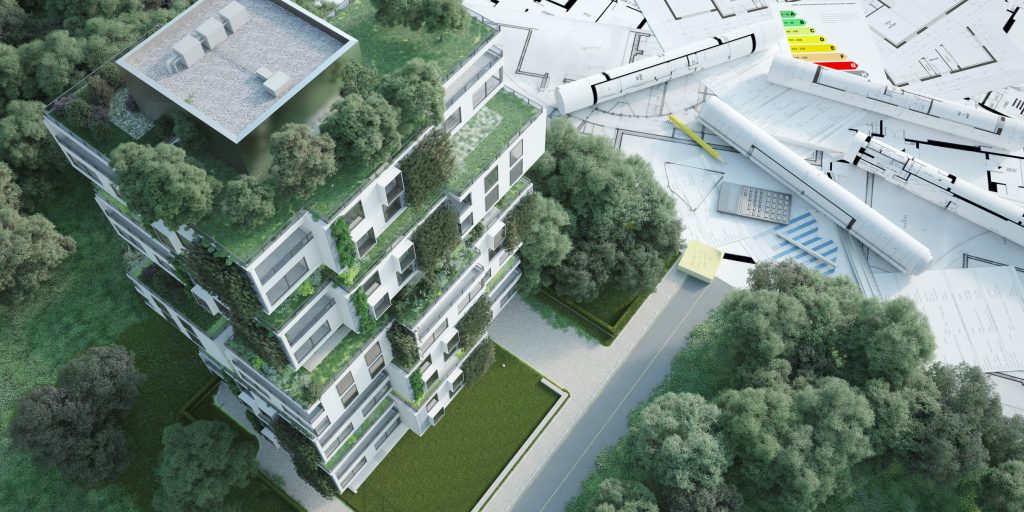Most new ideas go through a period of praise, followed by a period of backlash. Citizen science is no exception. While the involvement of members of the public in scientific endeavours is not novel, especially in ecology and astronomy, there has been a surge in citizen science projects in the 2010s.
The initial excitement over more comprehensive data and a renewed sense of collective action had soon turned into a cloud of doubt. This scepticism was not without reason.
When CitiMeasure started in June 2021, the team acknowledged that establishing a successful, sustainable, and inclusive citizen science initiative was a daring task.
First, comparability of data was an issue. Second, the impacts of citizen science initiatives were difficult to measure. Third, citizen science faced an inclusion problem.
Of course, these three challenges would not be solved in their entirety by 2023. But significant contributions, the CitiMeasure team was convinced, were possible.
Three working groups on comparability, behaviour and policy, and digital inclusion were established for that purpose. After two years of work and tireless support by more than 40 volunteers, three instruments for more impactful and inclusive citizen science have been developed:
- CitiAIR, a comparability tool for participatory air quality monitoring initiatives
- The Guidelines on Behaviour & Policy Change
- The Guidelines on Competencies for Digital Inclusion
Output 1: CitiAIR
The working group on comparability set out to facilitate information sharing across actors involved in air quality monitoring – a thematic area that a myriad of citizen science initiatives to date operate in. To achieve this, the group envisioned an easy-to-use online inventory. The result: CitiAIR.
Dozens of citizen-based air quality monitoring initiatives from 15 countries in Europe are accessible via the tool. Users are invited to learn more about cities and citizen science organisations using low-cost sensors and other devices to measure air quality with communities.
One of the CitiAIR initiatives is CurieuzenAir, a project encouraging the people of Brussels to measure the city’s air quality. Filip Salmon was one of thousands of participants and recalls that, “for the first time, I felt very much engaged as a citizen of Brussels. You are active, if anything, once every five or six years when you vote for your local government. With CurieuzenAir, I felt I got the chance to put several issues on the agenda of our politicians.”
At the same time, as Jasmien Wellens, project manager for innovation and digitalisation in the city administration of Roeselare, rightly points out, “it can be sensitive to publicise air quality data in a political context.” Closely working together with city administrations to include citizens in data stories, as has been attempted by many CitiAIR initiatives, is therefore crucial.
Output 2: The Guidelines on Behaviour & Policy Change
The objective of the working group was to work towards an increased understanding of the changes in behaviour of different stakeholder groups, as well as decision- and policy-making processes. To improve the uptake of citizen science in policy, its various impacts must be well documented.
The Guidelines on Behaviour & Policy Change therefore provide 65 specific recommendations on what is needed to mainstream citizen science for more liveable cities.
Established in 2012, the Barcelona Citizen Science Office aims to increase the visibility of impacts realised by citizen science. One of its main objectives is to connect with new audiences and search for alliances with divergent stakeholders.
In this context, “having guidelines is really a must – no matter if you are an experienced citizen science practitioner or completely new to the field,” says Diana Escobar Vicent from the Barcelona Citizen Science Office. Local government must be on board from the onset of the undertaking. “There are a lot of great citizen science projects that do not include public administration at the beginning which means they start with a gap.”
The Guidelines on Behaviour & Policy Change were designed to prevent silo mentality.

Conference session on the Guidelines on Behaviour & Policy Change in Sabadell, nearby Barcelona (October 2022)
Output 3: The Guidelines on Competencies for Digital Inclusion
When the working group on digital inclusion first came together, it wanted to better understand the issue of ‘competencies.’ This included both unpacking competencies required by citizens to participate in citizen science initiatives, as well as those of policy-makers, decision-makers, and municipal employees to engage citizens in such initiatives.
The Guidelines on Competencies for Digital Inclusion offer 32 specific recommendations on what can be done to embed inclusivity from the very beginning.
Michael Lazan from Senzorvzduchu, an NGO organising air quality sensor workshops, used the guidelines for an air quality project in schools in Prague. He summarises his experience as follows: “Schools did not expect much at the beginning of the project. Now they see that the kids are able to work with both new electronic devices and data. Looking back, the Digital Inclusion guidelines were a gamechanger because, prior to their application, the inclusion of citizens in science – even less so children – was not necessarily a priority for schools and the city of Prague.”
Outlook
The landscape of citizen science initiatives is changing rapidly. With new players emerging and the voices for greater citizen participation becoming louder, exciting years are ahead.
The three CitiMeasure instruments aim to provide some guidance in a field that can sometimes feel overwhelming and disorienting. The CitiMeasure team hopes they are great resources for cities, the citizen science community, and everyone eager to help communities transform their neighbourhoods for the better.
—————————
The CitiMeasure project ran from June 2021 to May 2023. It helped promote citizen science for smarter, more sustainable, and more inclusive cities.
The final CitiMeasure event was held on 16 May 2023. A recording is available here.









